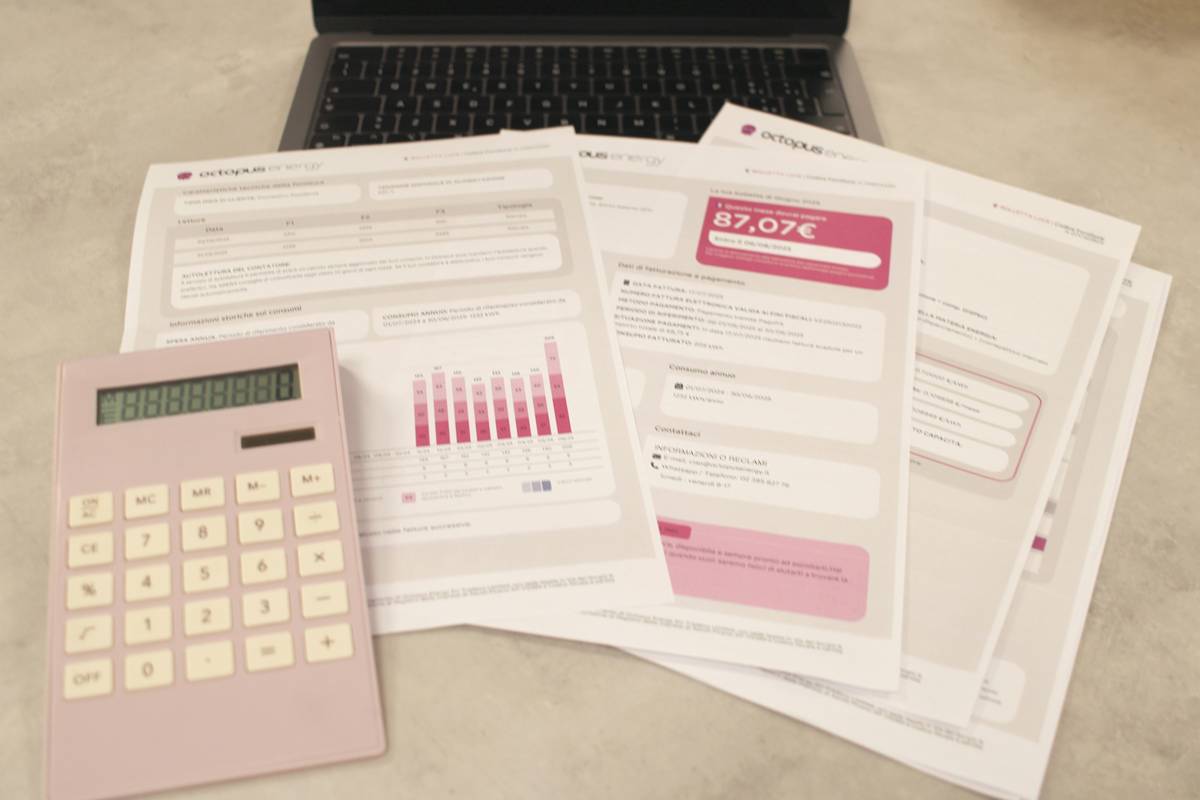Table of Contents
- Introduction
- Why Budgeting for Collection Accounts Matters
- Step-by-Step to Master Budgeting Courses
- Tips & Best Practices for Budgeting Success
- Examples & Case Studies of Real-Life Wins
- Frequently Asked Questions (FAQs)
- Conclusion
Introduction
Ever stared at a collection notice and felt your wallet whisper, “We’re doomed”? Yeah, us too. Dealing with collection accounts can feel like being stuck in a financial labyrinth without a map. But here’s the kicker—budgeting could be your golden ticket out.
In this post, we’ll uncover how budgeting courses can help you tackle collection accounts head-on. You’ll learn:
- The emotional and financial toll of ignoring collection accounts.
- How to choose the right budgeting course tailored to your needs.
- Real-life strategies from people who turned their finances around.
Key Takeaways
- Collection accounts are more than just numbers—they impact credit scores and mental health.
- Educational budgeting courses offer actionable tools to regain control over your finances.
- Consistency beats perfection when it comes to budgeting practices.
Why Budgeting for Collection Accounts Matters
Picture this: A small medical bill spirals into a collection account, and suddenly, your credit score takes a nosedive. Ouch. According to Experian, a single collection account can drop your credit score by up to 100 points! That’s like tripping during a marathon—it might not end the race, but boy, does it slow you down.

But the damage isn’t just financial; it’s emotional. I once ignored a $25 gym membership fee that became a $400 headache thanks to late fees and collections. It wasn’t until I enrolled in a budgeting course that I learned simple steps to avoid such disasters—and trust me, the relief was chef’s kiss.
The Hidden Cost of Ignoring Collections
Optimist You: “I’ll deal with it later.”
Grumpy You: “Ugh, fine—but only if coffee’s involved. And maybe some therapy.”
Step-by-Step to Master Budgeting Courses
Ready to take charge? Let’s break it down:
Step 1: Assess Your Current Financial Situation
Before jumping into any course, get brutally honest about where you stand financially.
- List all debts, including collection accounts.
- Track monthly income vs. expenses.
- Prioritize high-interest debts first.
Step 2: Choose the Right Budgeting Course
Not all courses are created equal. Here’s what to look for:
- Courses specifically designed for managing debt or collection accounts.
- Interactive features like quizzes, webinars, or accountability groups.
- Testimonials from past students who successfully tackled similar issues.
Step 3: Apply What You Learn Consistently
Knowledge is power, but action is king. Create a realistic budget, stick to it, and tweak as needed.
Tips & Best Practices for Budgeting Success
Best Practice #1: Automate Payments
“Set it and forget it” isn’t just for rotisserie chicken. Automating payments ensures you never miss deadlines again.
Best Practice #2: Negotiate with Collectors
Sounds intimidating, but most collectors will settle for less than the full amount owed. Many budgeting courses teach negotiation scripts that work wonders.
Terrible Tip Alert:
Do NOT use payday loans to cover collection accounts. This strategy is like smearing peanut butter on a fire—it makes everything worse.
Rant Section:
Why do companies make these automated calls pretending they’re offering help? If one more robo-voice tells me my “account has been flagged,” I might throw my phone across the room. Seriously, regulators need to step up.
Examples & Case Studies of Real-Life Wins
Meet Sarah: She had five collection accounts totaling $6,000. After completing a budgeting course, she:
- Negotiated settlements for three accounts.
- Increased her credit score by 75 points within six months.
- Started saving $200/month systematically.

Frequently Asked Questions (FAQs)
Q: Can budgeting really help clear collection accounts?
Absolutely. A solid budget helps allocate funds strategically, making it easier to pay off old debts.
Q: Are free budgeting courses effective?
Yes, many free courses are great starting points. However, premium options often provide personalized coaching and advanced resources.
Q: How long does it take to see results?
Typically, improvements in cash flow and reduced stress occur within weeks. Credit score boosts may take longer, depending on your situation.
Conclusion
Budgeting for collection accounts doesn’t have to feel overwhelming. With the right education and consistent effort, you can transform your finances—and your life. So grab that cup of coffee, enroll in a course, and start your journey today.
Remember, progress isn’t linear. Like a Tamagotchi, your budget needs daily care and attention. Keep going—you’ve got this.

Haiiku Bonus:
Bills pile like snow,
Budget melts them away—slow,
Freedom blooms anew.


